Home>Maintenance & Safety>Emergency Preparedness>What Is The Best Backup Generator For Home
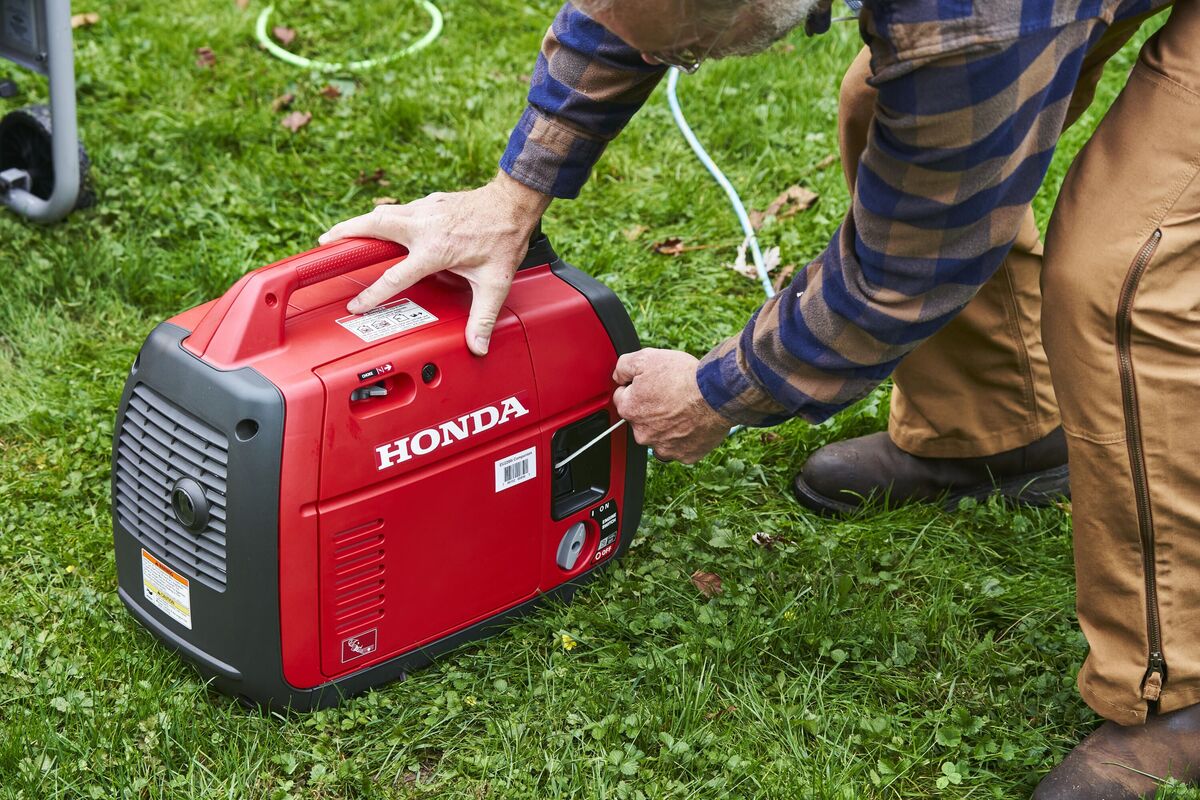

Emergency Preparedness
What Is The Best Backup Generator For Home
Modified: January 4, 2024
Ensure your home is ready for emergencies with the best backup generator. Stay prepared with our top picks for emergency-preparedness.
(Many of the links in this article redirect to a specific reviewed product. Your purchase of these products through affiliate links helps to generate commission for Storables.com, at no extra cost. Learn more)
Introduction
When it comes to emergency preparedness, having a reliable backup generator for your home is an essential investment. Whether you live in an area prone to severe weather conditions, frequent power outages, or simply want to ensure uninterrupted power supply, a backup generator can provide peace of mind and comfort during challenging times.
In the event of a power outage, a backup generator can keep your essential appliances running, maintain a comfortable indoor environment, and ensure that crucial medical devices remain operational. However, choosing the best backup generator for your home requires careful consideration of various factors, including power requirements, fuel type, and budget constraints.
In this comprehensive guide, we will explore the key factors to consider when selecting a backup generator, the different types of backup generators available, a comparison of their features and capabilities, and ultimately, the best backup generators for home use. By the end of this article, you will have a clear understanding of the options available and be well-equipped to make an informed decision that aligns with your specific needs and circumstances.
Whether you are a homeowner, a renter, or a business owner, understanding the nuances of backup generators is crucial for maintaining continuity during unexpected power disruptions. Let's delve into the world of backup generators and empower you to safeguard your home and loved ones with a reliable and efficient power backup solution.
Key Takeaways:
- Invest in a backup generator that matches your home’s power needs, fuel availability, and installation requirements for reliable and seamless power backup during emergencies.
- Consider standout options like Generac Guardian Series and Honda EU2200i Inverter Generator for dependable and versatile backup power, ensuring uninterrupted comfort and functionality in your home.
Read also: 15 Best Solar Backup Generator For 2024
Factors to Consider When Choosing a Backup Generator
When evaluating backup generators for your home, several critical factors should guide your decision-making process. Understanding and addressing these considerations will help you select a generator that meets your specific requirements and provides seamless power backup when needed.
- Power Requirements: Assess your power needs to determine the wattage capacity required to support essential appliances and systems during an outage. Consider items such as refrigerators, sump pumps, heating and cooling systems, lights, and electronic devices. A professional electrician can assist in calculating your power requirements accurately.
- Fuel Type: Backup generators are available in various fuel options, including gasoline, diesel, propane, and natural gas. Consider the availability and convenience of the fuel source in your area, as well as the generator’s fuel efficiency and storage requirements.
- Transfer Switch: A transfer switch is crucial for safely connecting the backup generator to your home’s electrical system. It ensures that power is seamlessly transferred to the generator during an outage and prevents backfeeding, which can endanger utility workers. Determine whether an automatic or manual transfer switch best suits your needs.
- Location and Installation: Evaluate the available space for installing a generator and consider local building codes, noise restrictions, and ventilation requirements. Additionally, factor in the cost of professional installation and any necessary permits when budgeting for your backup power solution.
- Portability: If mobility is a priority, consider portable generators that can be easily moved to different locations. These generators are versatile and can be used for various applications beyond home backup, such as camping or outdoor events.
- Budget and Maintenance: Establish a budget for the purchase, installation, and ongoing maintenance of the generator. Consider the long-term costs associated with fuel consumption, routine servicing, and potential repairs. Opting for a high-quality, reliable generator may entail a higher upfront investment but can offer greater peace of mind.
By carefully evaluating these factors and consulting with professionals as needed, you can make an informed decision that aligns with your specific needs and ensures that your backup generator effectively supports your home during power outages.
Types of Backup Generators
Backup generators come in various types, each offering unique features and benefits to cater to different needs and preferences. Understanding the distinctions between these types can help you determine the most suitable option for your home.
- Portable Generators: These generators are versatile and can be easily transported to different locations. They typically run on gasoline or propane and are ideal for providing temporary power during outages. Portable generators are available in a range of wattages, making them suitable for powering essential appliances and electronics.
- Standby Generators: Standby generators are permanently installed outside the home and are designed to provide seamless, automatic backup power. They are connected to the home’s electrical system through a transfer switch, enabling them to activate automatically when a power outage occurs. Standby generators are available in various sizes to accommodate different power needs and can run on natural gas or propane.
- Inverter Generators: Inverter generators are known for their quiet operation and fuel efficiency. They produce clean and stable power, making them suitable for powering sensitive electronic devices. Inverter generators are portable and offer variable speed operation, adjusting their engine speed based on the required load, which contributes to their fuel efficiency and reduced noise levels.
- Whole-House Generators: These generators are designed to power an entire home during an outage, providing a comprehensive backup solution. Whole-house generators are typically standby generators and are capable of supporting all essential appliances, heating and cooling systems, and lighting circuits, ensuring uninterrupted comfort and functionality throughout the home.
- Solar Generators: Solar generators harness solar energy to generate power, offering a sustainable and environmentally friendly backup solution. They consist of solar panels, a battery storage system, and an inverter to convert solar energy into usable electricity. Solar generators are ideal for off-grid living, outdoor activities, and as a supplementary backup power source for homes.
Each type of backup generator has distinct advantages and considerations, so it’s essential to evaluate your specific requirements, available fuel sources, and installation preferences when choosing the most suitable option for your home.
When choosing a backup generator for your home, consider the power needs of your essential appliances and electronics. Look for a generator with enough wattage to cover these items during a power outage.
Comparison of Different Backup Generators
When comparing different backup generators, several key factors can help you assess their suitability for your specific needs and preferences. Understanding the distinctions between various generators can guide you in making an informed decision that aligns with your home’s backup power requirements.
- Power Output: Consider the wattage capacity of each generator to ensure it can adequately power essential appliances and systems in your home during an outage. Assess whether the generator’s power output aligns with your specific needs, taking into account both continuous and surge power requirements.
- Fuel Type and Efficiency: Evaluate the fuel type required by each generator and assess its availability and cost in your area. Consider the fuel efficiency of the generator, as well as its runtime on a full tank or supply of fuel. Additionally, compare the maintenance requirements and storage considerations for different fuel types.
- Automatic Operation: Determine whether the generator offers automatic startup and shutdown functionality. Standby generators are designed for automatic operation, seamlessly activating in the event of a power outage without manual intervention. Portable generators may require manual startup and shutdown, necessitating user oversight during operation.
- Noise Levels: Compare the noise levels produced by different generators, especially if quiet operation is a priority for your home environment. Inverter generators are known for their quiet performance, making them suitable for residential use, while traditional portable generators may produce higher noise levels during operation.
- Installation and Maintenance: Assess the installation requirements for each type of generator, considering factors such as space, ventilation, and compliance with local building codes. Additionally, compare the ongoing maintenance needs of each generator, including routine servicing, fuel storage, and component longevity.
- Cost and Long-Term Value: Compare the upfront costs, installation expenses, and long-term operational costs of different generators. Consider the value offered by each option in terms of reliability, warranty coverage, and the potential for seamless power backup during extended outages.
By carefully evaluating these factors and comparing the features and capabilities of different backup generators, you can identify the most suitable option that meets your home’s specific power backup needs while aligning with your budget and preferences.
Best Backup Generators for Home Use
Choosing the best backup generator for home use involves considering various factors, including power output, fuel type, automatic operation, and long-term reliability. Based on these considerations, several standout generators have garnered acclaim for their performance, features, and suitability for residential backup power needs.
- Generac Guardian Series: The Generac Guardian Series offers a range of standby generators with automatic operation and robust power output, making them ideal for powering an entire home during outages. These generators run on natural gas or propane, providing a reliable and continuous backup power solution. Generac generators are known for their quiet operation and seamless integration with the home’s electrical system through advanced transfer switch technology.
- Champion Dual Fuel Portable Generator: Champion’s dual fuel portable generator combines versatility and reliability, allowing homeowners to power essential appliances and electronics during emergencies. With the ability to run on either gasoline or propane, this portable generator offers flexibility in fuel options and features a convenient electric start for effortless operation. Its durable design and impressive power output make it a popular choice for residential backup power.
- Honda EU2200i Inverter Generator: Renowned for its exceptional fuel efficiency and quiet performance, the Honda EU2200i inverter generator is an excellent choice for homeowners seeking a portable and reliable backup power solution. This generator is highly portable, making it suitable for various applications, and its stable power output is ideal for sensitive electronic devices. The Honda EU2200i is known for its durability and ease of maintenance, offering long-term value for residential backup power needs.
- Kohler 20RESCL Standby Generator: The Kohler 20RESCL standby generator is designed to deliver seamless and automatic backup power for homes, ensuring uninterrupted comfort and functionality. With its robust power output and efficient operation on natural gas or propane, this standby generator is a dependable choice for homeowners seeking a comprehensive backup power solution. Kohler generators are known for their advanced monitoring and diagnostic capabilities, providing homeowners with peace of mind and confidence in their backup power system.
- Goal Zero Yeti 3000 Lithium Portable Power Station: For homeowners interested in a sustainable and portable backup power solution, the Goal Zero Yeti 3000 Lithium portable power station offers a reliable source of electricity during outages. This solar-powered generator harnesses clean energy and features a high-capacity lithium battery, enabling it to power essential devices and appliances without producing noise or emissions. The Goal Zero Yeti 3000 is a versatile and eco-friendly option for residential backup power needs.
These standout backup generators represent a diverse range of options, each offering unique features and benefits to cater to different home backup power requirements. By assessing your specific needs, fuel preferences, and installation considerations, you can select the best backup generator that provides reliable and seamless power backup for your home.
Read more: How To Install A Backup Generator
Conclusion
Investing in a backup generator for your home is a proactive step toward ensuring uninterrupted power supply during unexpected outages and emergencies. By carefully considering factors such as power requirements, fuel type, automatic operation, and long-term value, you can select a backup generator that aligns with your specific needs and provides peace of mind.
Whether you opt for a standby generator with automatic operation, a versatile portable generator, or a sustainable solar-powered solution, the best backup generator for your home should offer reliability, efficiency, and seamless integration with your electrical system. Understanding the distinctions between different types of generators and comparing their features can empower you to make an informed decision that safeguards your home and loved ones during challenging times.
When evaluating backup generators, prioritize factors such as power output, fuel efficiency, noise levels, and long-term maintenance requirements to ensure that your chosen generator meets your expectations and provides a dependable source of backup power. Additionally, consider consulting with professionals to assess your power needs accurately and determine the most suitable generator for your home.
Ultimately, the best backup generator for home use is one that instills confidence, reliability, and convenience, offering seamless power backup when you need it most. By selecting a high-quality generator that aligns with your specific requirements, you can enhance the resilience of your home and maintain comfort and functionality during unforeseen power disruptions.
With the right backup generator in place, you can navigate power outages with ease, safeguarding your home and ensuring that essential appliances, devices, and systems remain operational, no matter the circumstances.
Frequently Asked Questions about What Is The Best Backup Generator For Home
Was this page helpful?
At Storables.com, we guarantee accurate and reliable information. Our content, validated by Expert Board Contributors, is crafted following stringent Editorial Policies. We're committed to providing you with well-researched, expert-backed insights for all your informational needs.
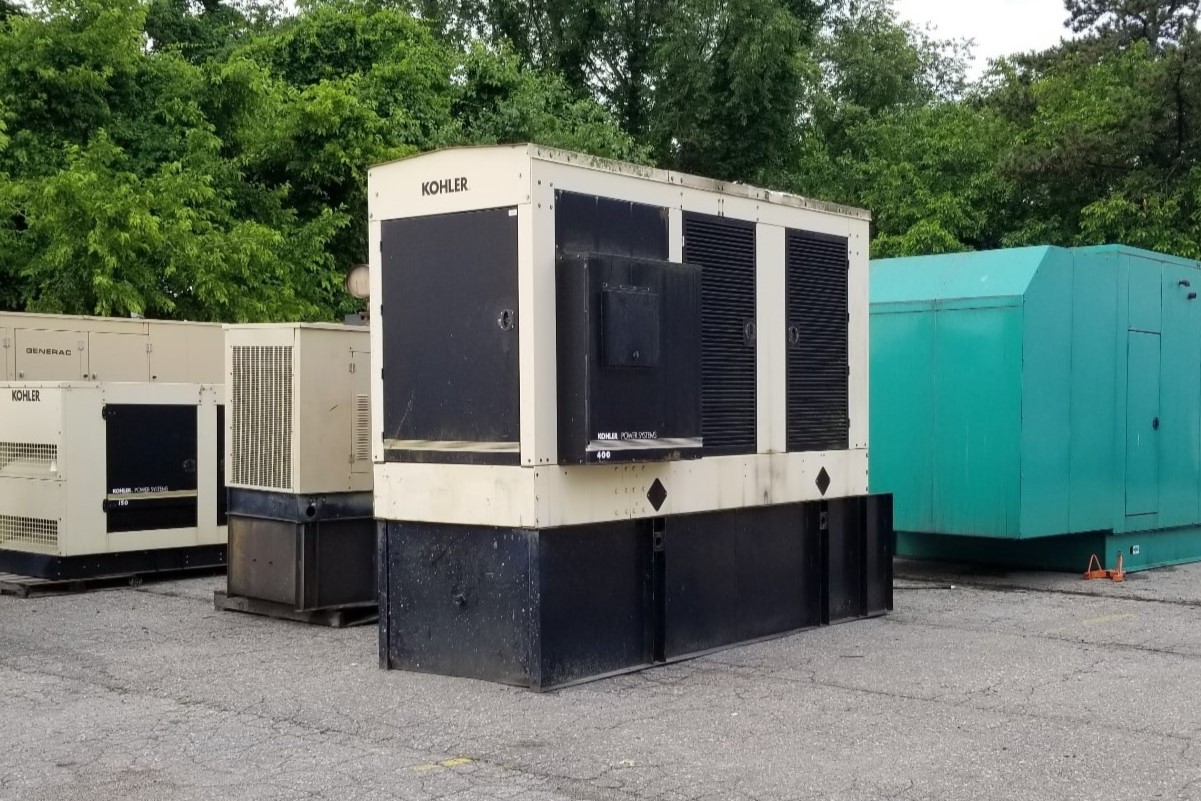
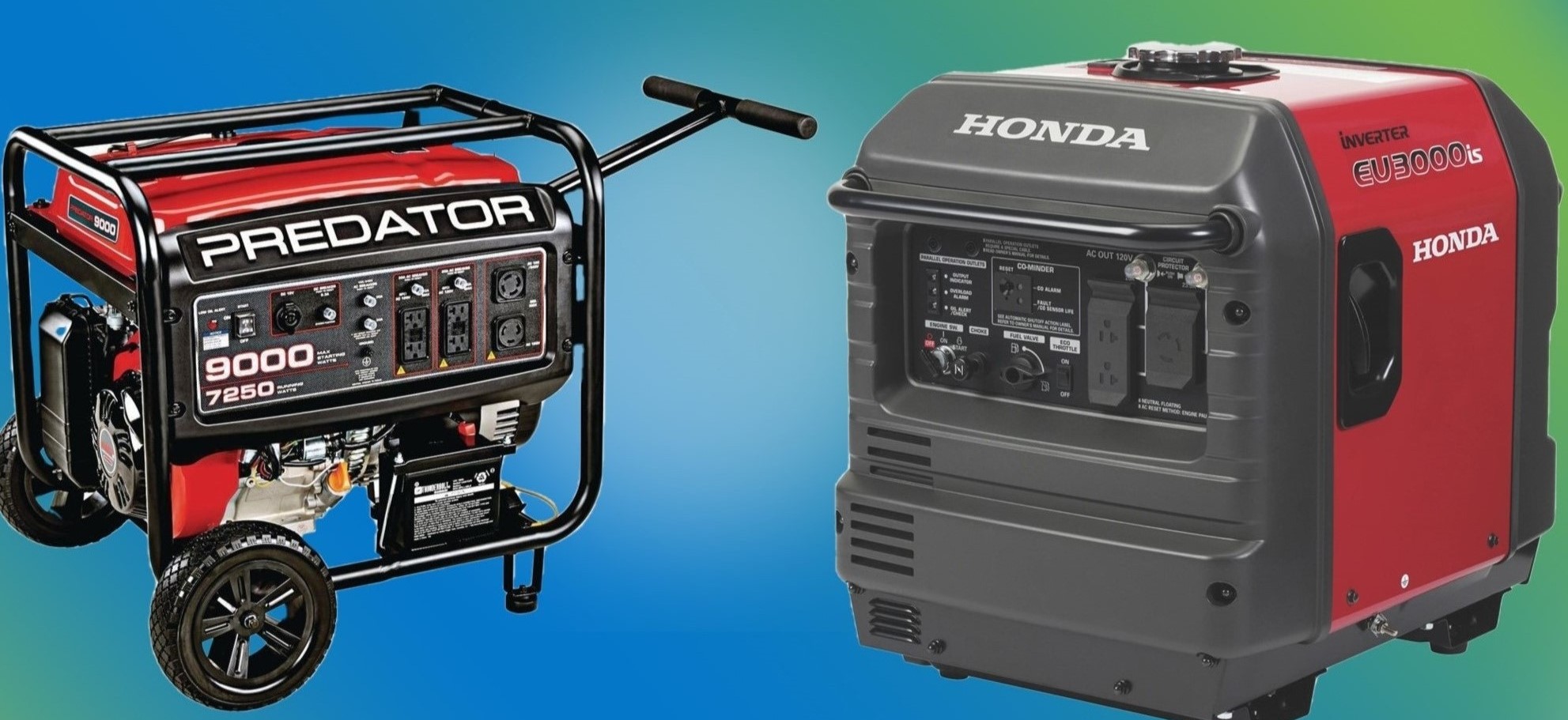
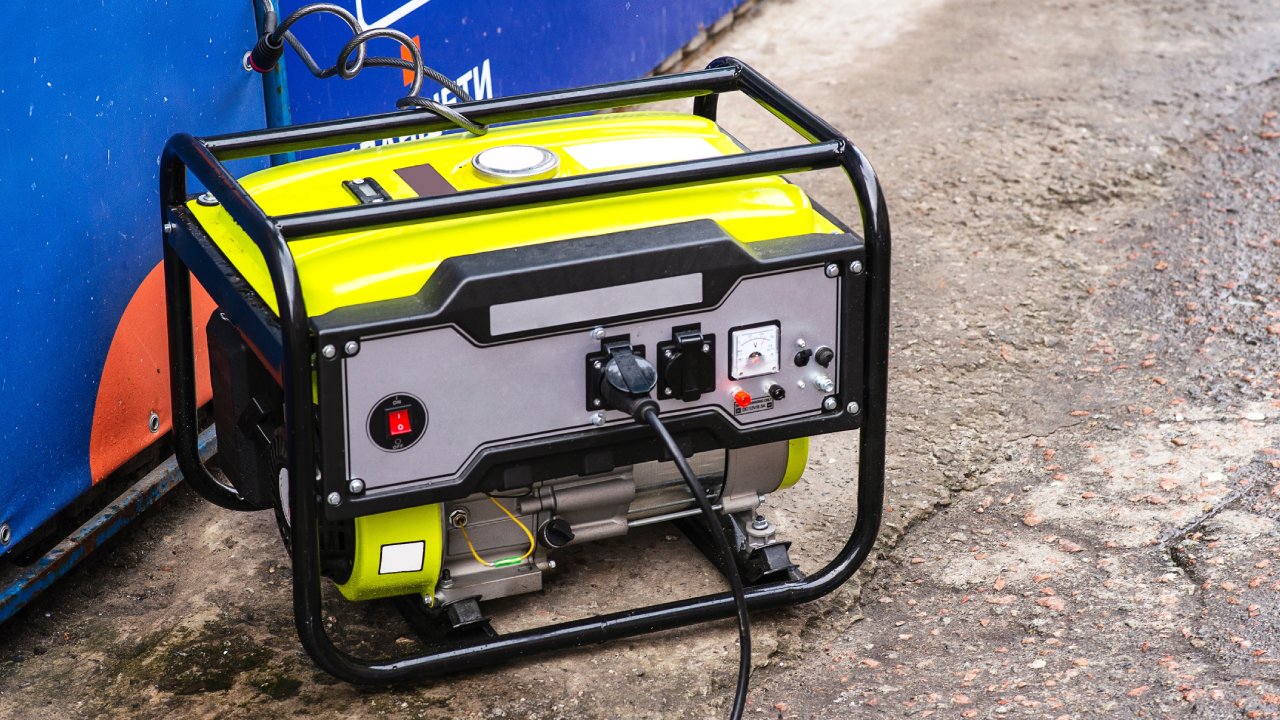
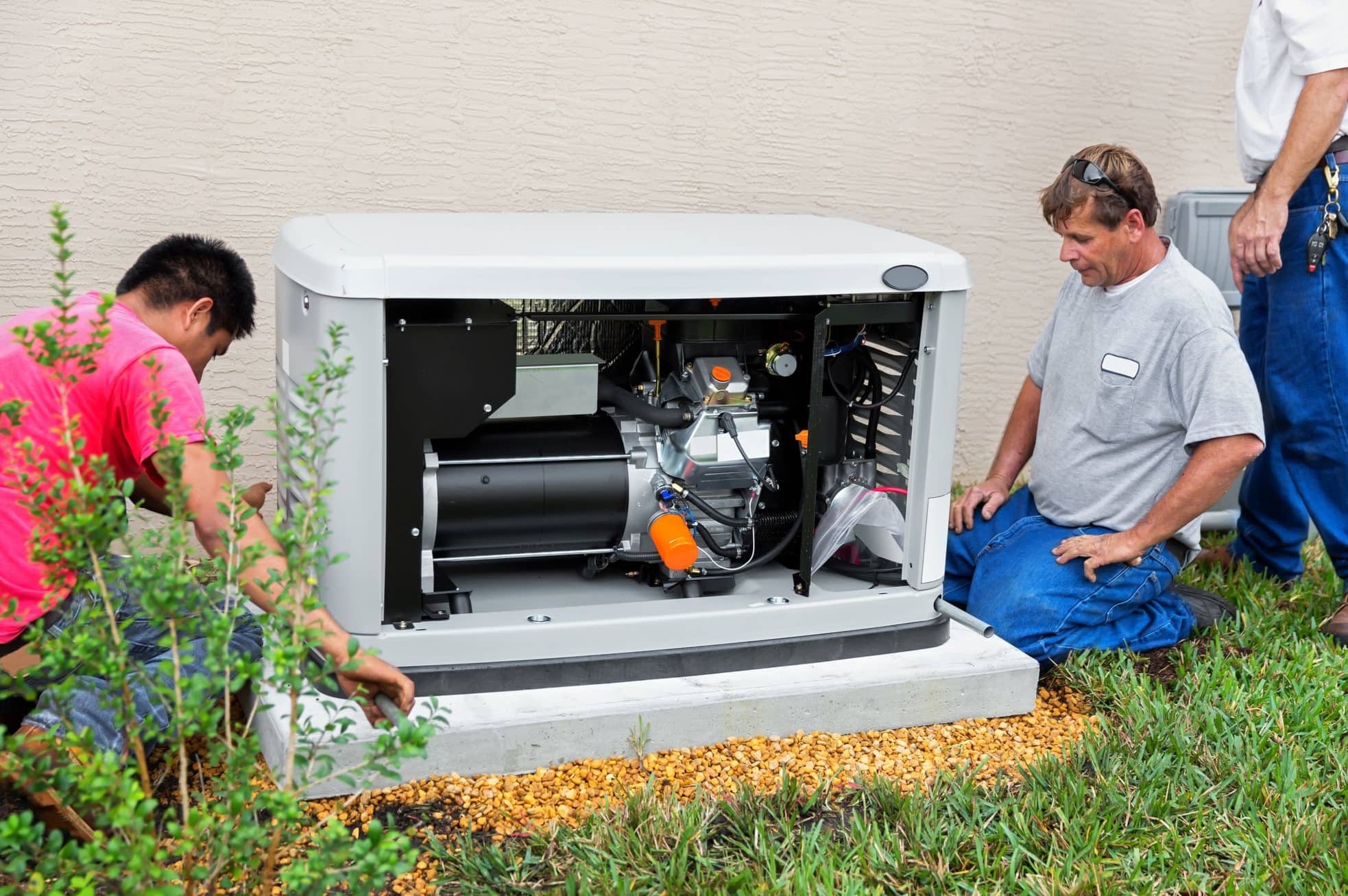
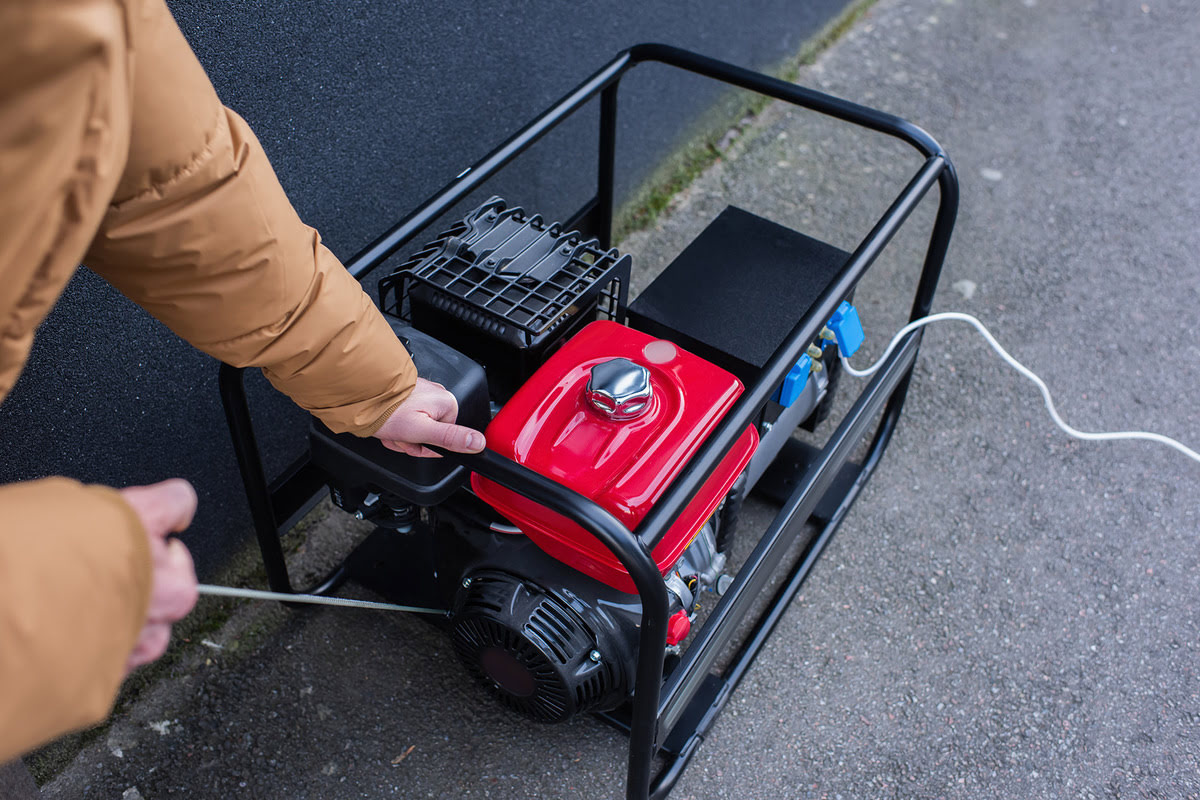
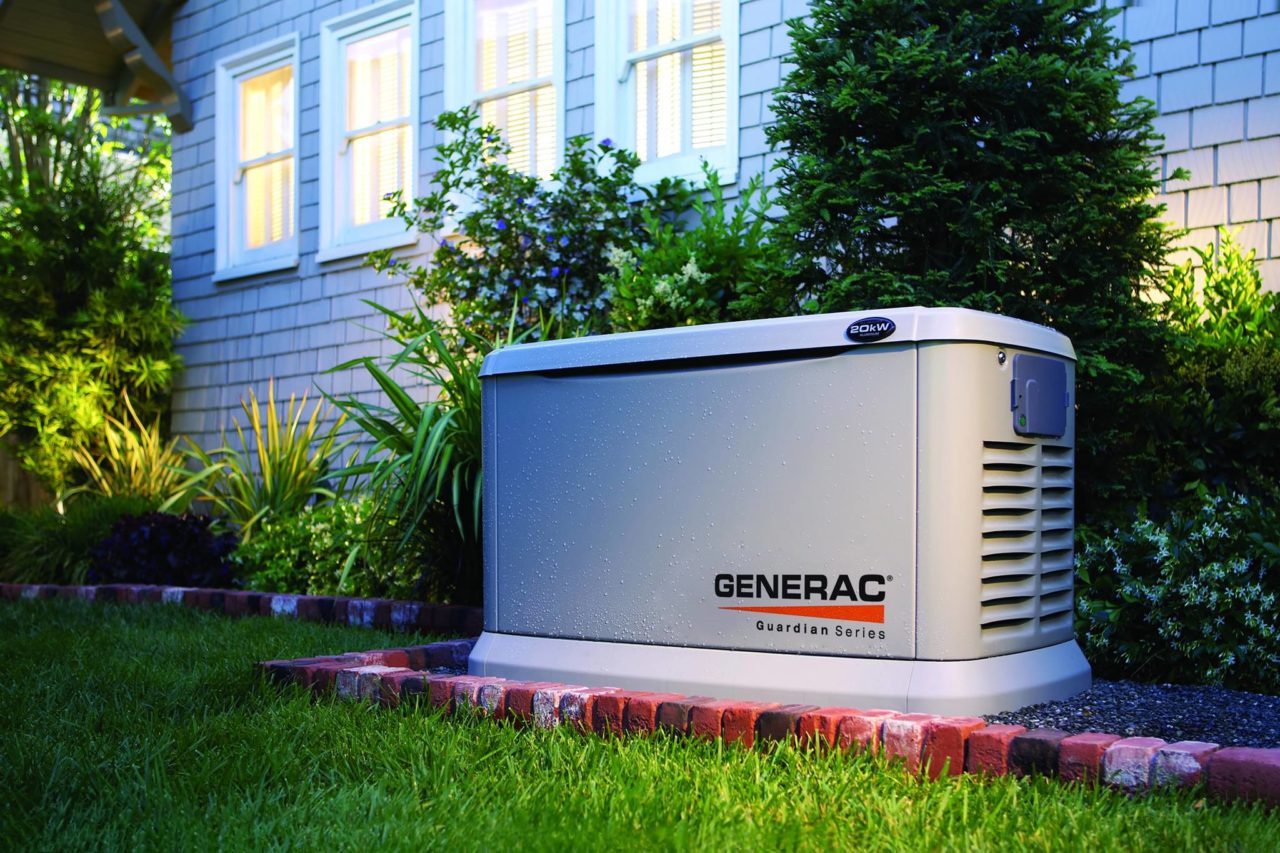
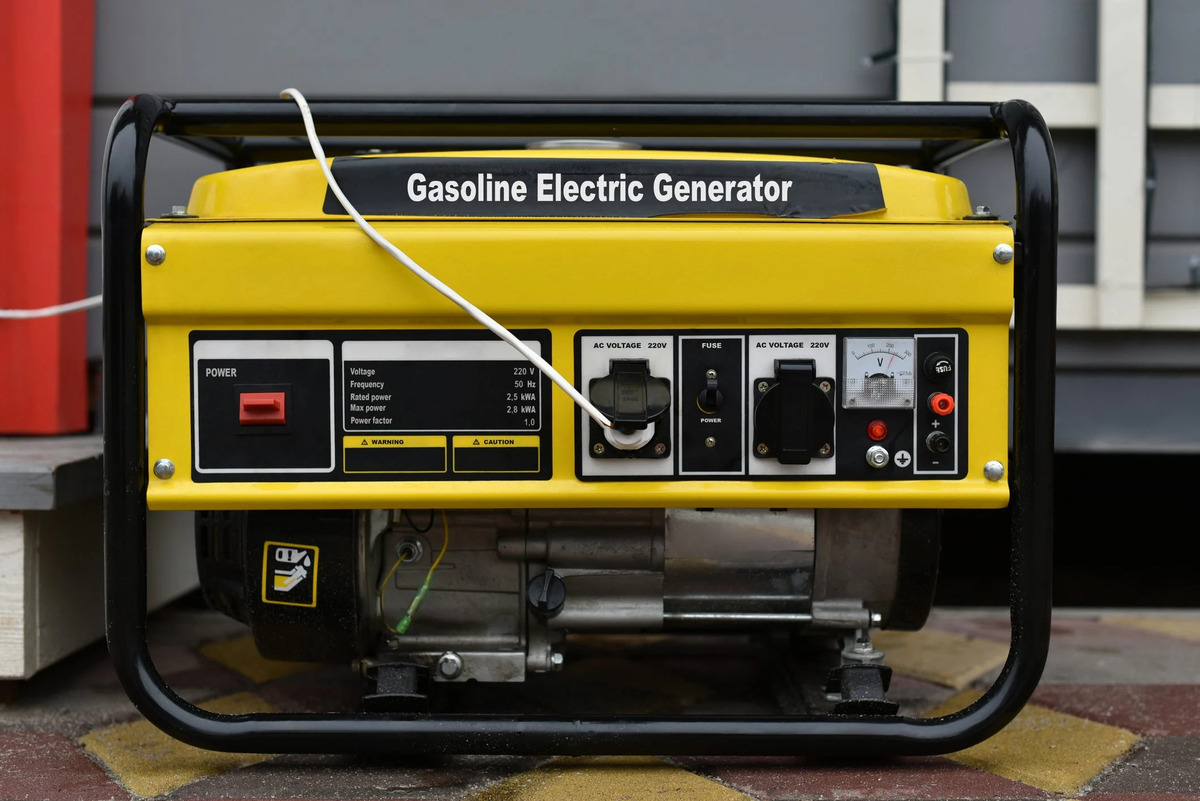
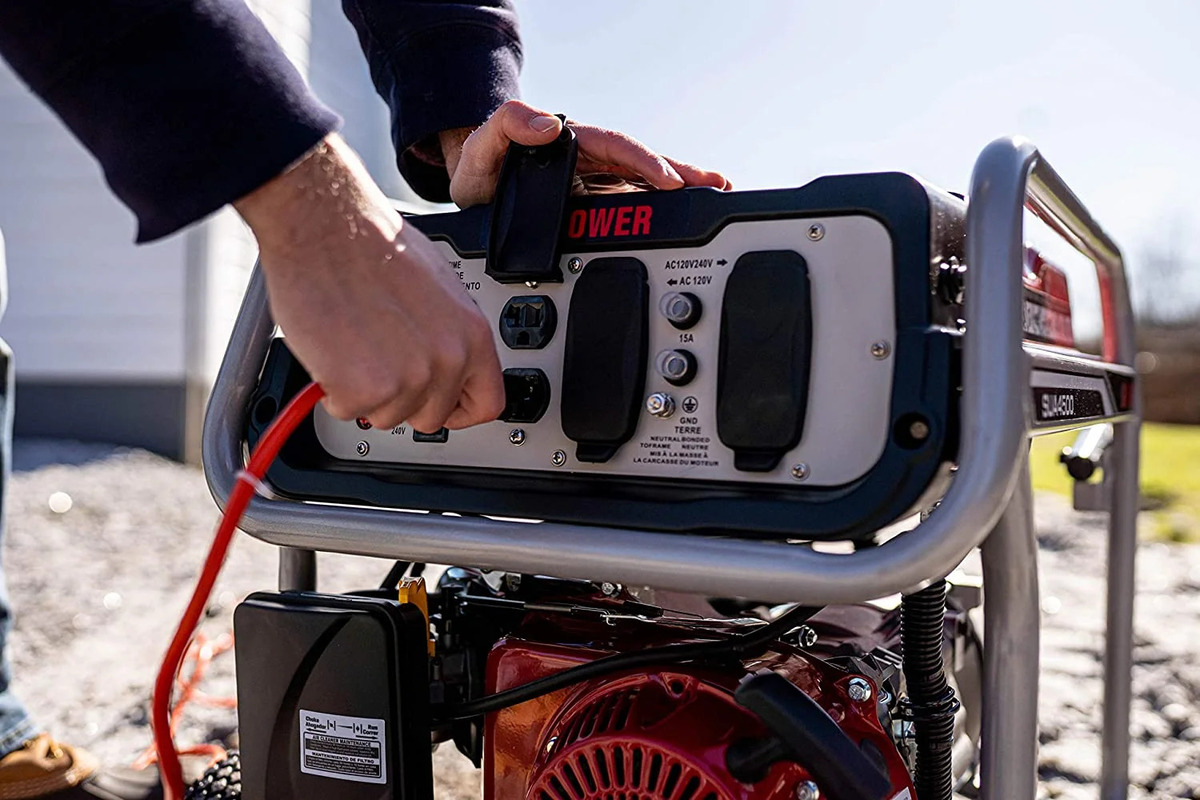
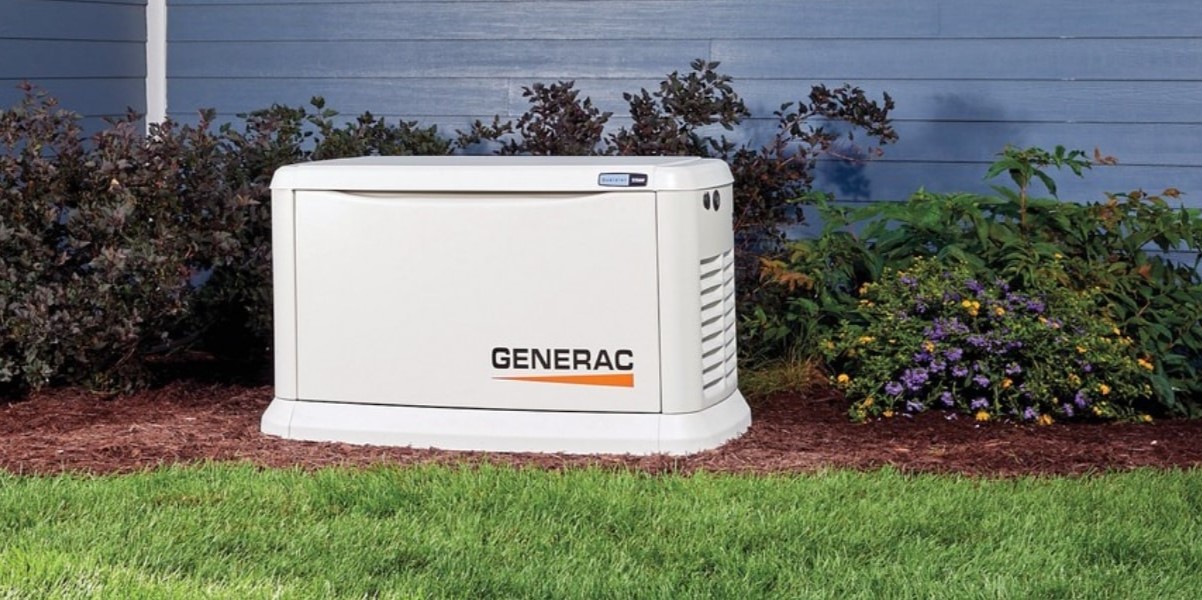

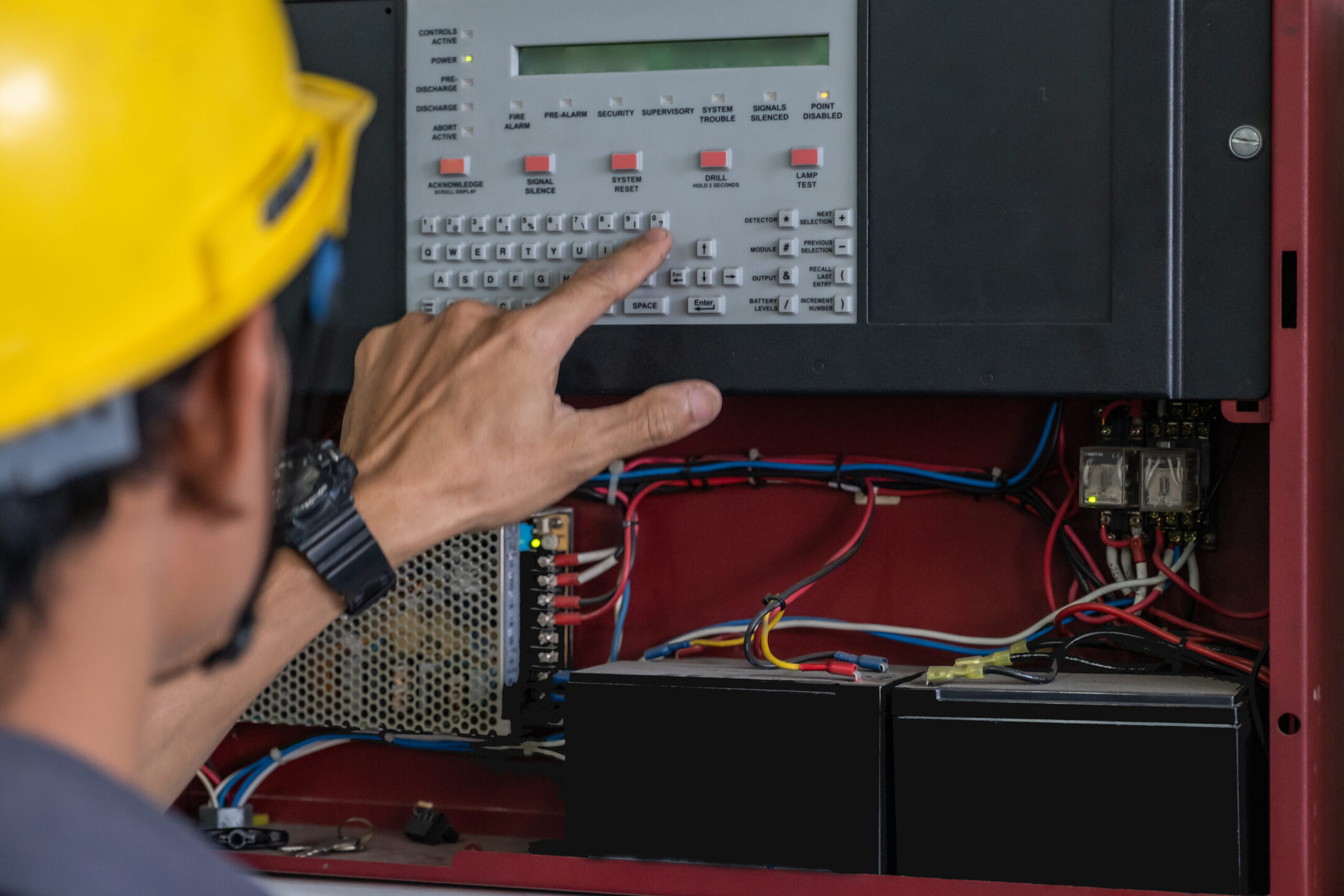

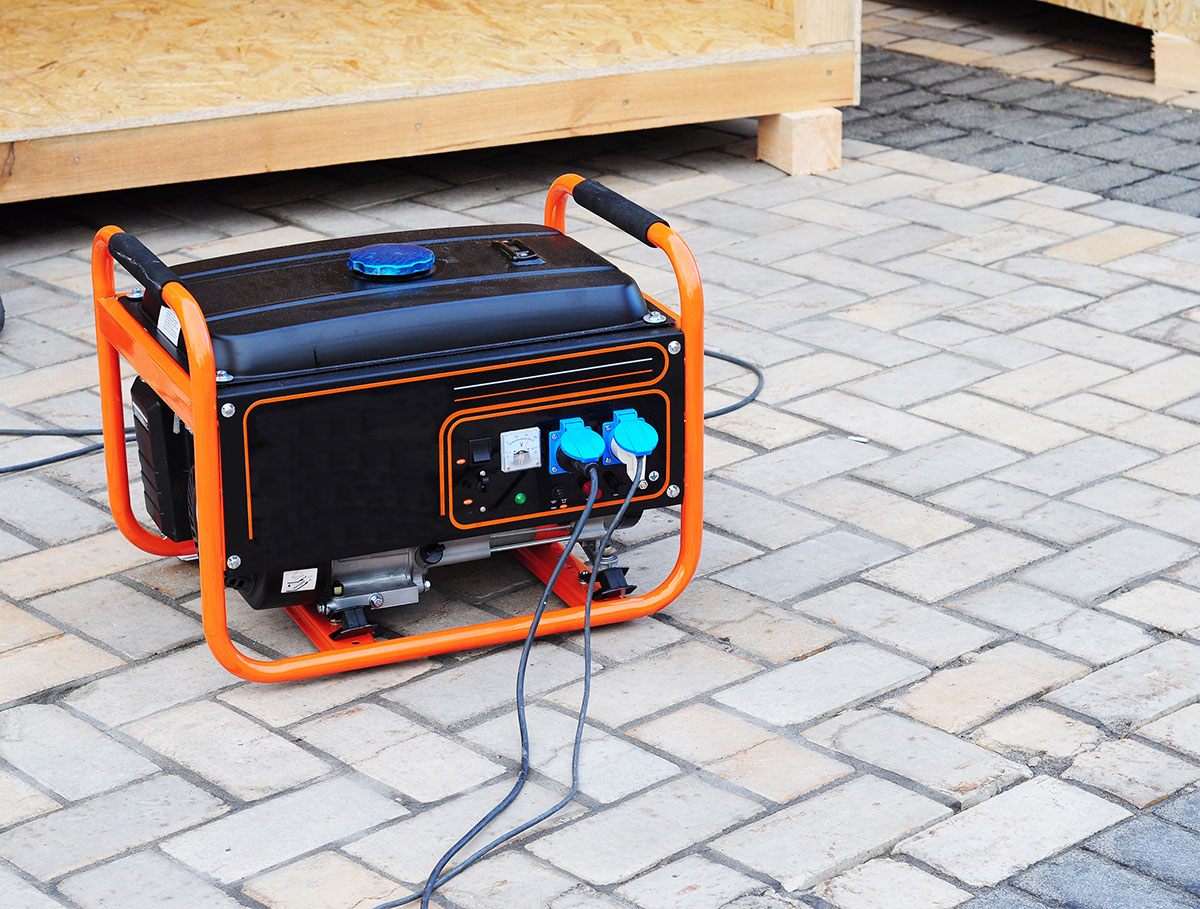
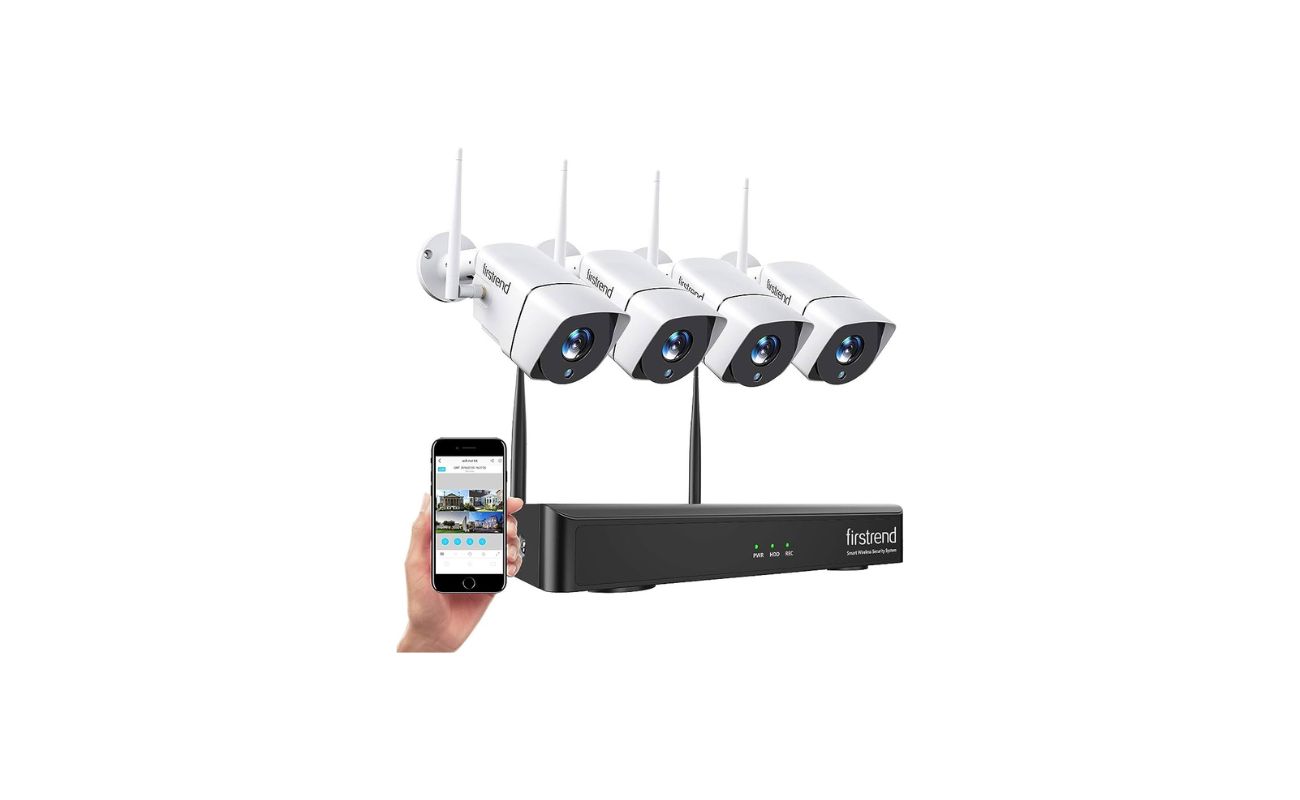

0 thoughts on “What Is The Best Backup Generator For Home”